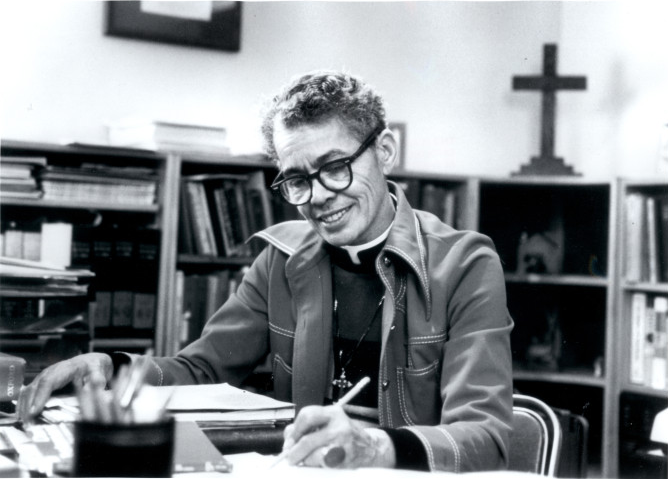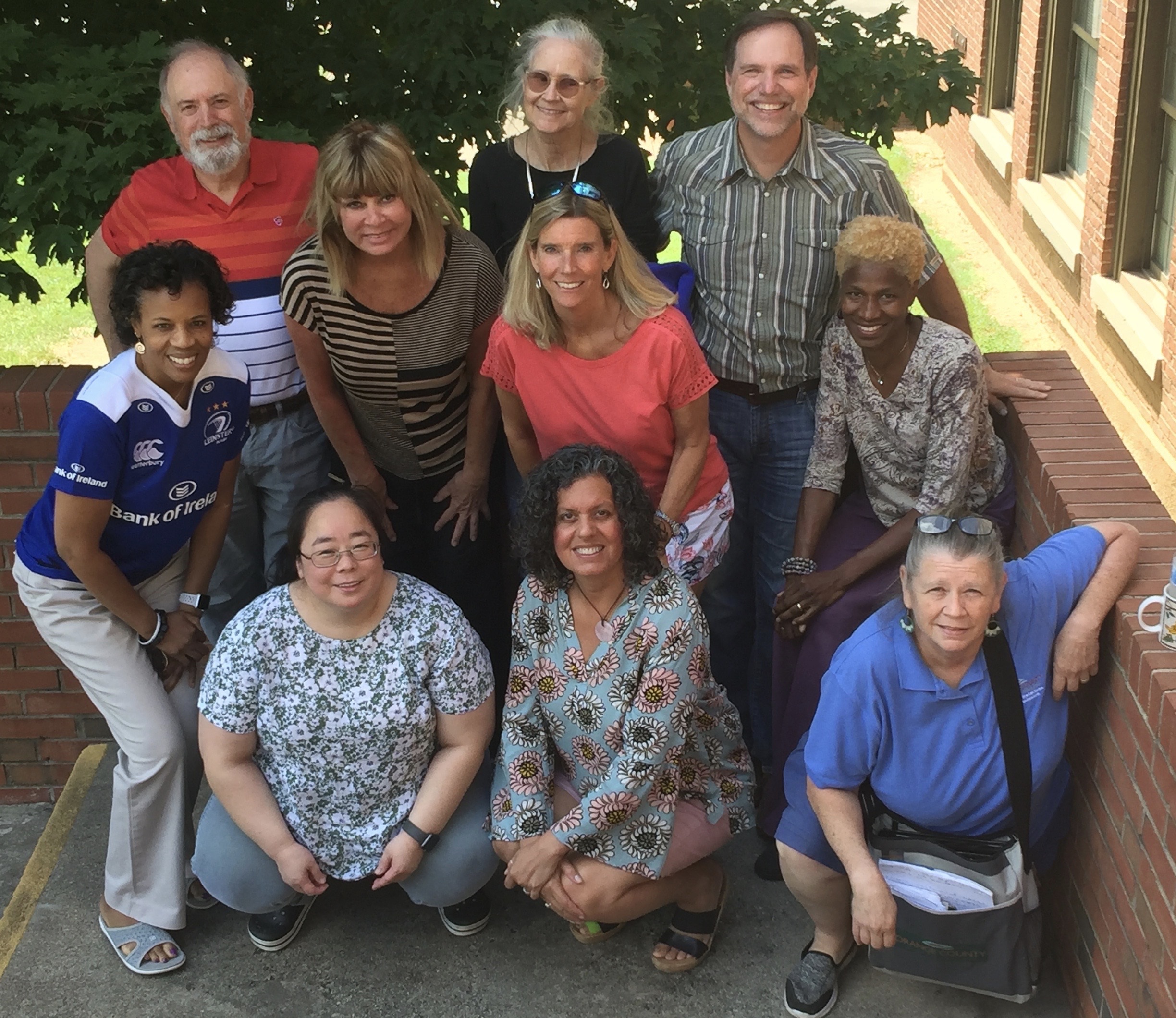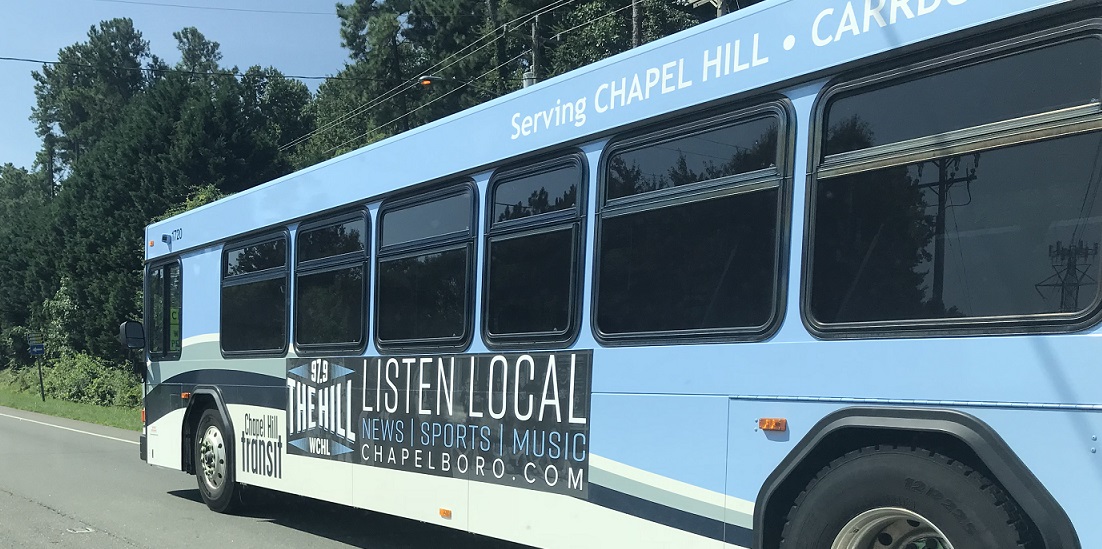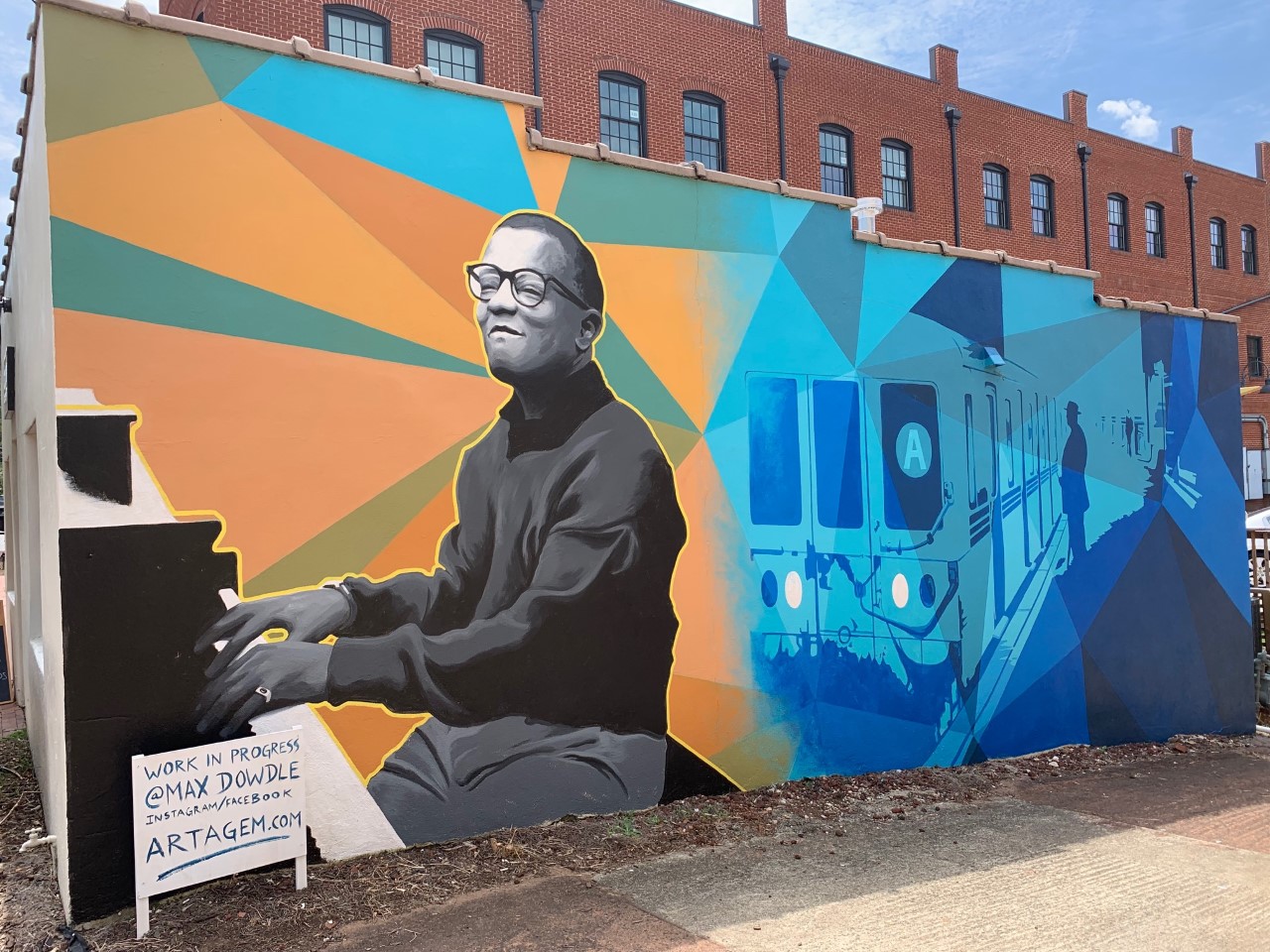A Perspective on Anna Pauline Murray
By Jackie Podger, Human Relations Commissioner
As a Chapel Hill resident, it always astounds me when I come across someone who is unfamiliar with Anna Pauline Murray (also known as Pauli Murray). We are, after all, a professed and often recognized community of educated, social justice activists with a proclivity for open discourse and legacy pride.

Carolina Digital Library and Archives
Murray, great-granddaughter of an enslaved woman and the family that owned her, was raised by her grandparents in neighboring Durham. She celebrated her first Eucharist at the local Chapel of the Cross church and was famously denied admission to the UNC School of Law because she was African American. In a letter to then UNC president, Frank Graham, Murray argued that any hesitation about admitting African Americans should be answered by “frank, open discussion” and a “give-and-take process where prejudices are openly aired and accounted for, where correct interpretations are made and where enlightenment is gained in an atmosphere of mutual co-operation and respect.” Early on in her life Murray demonstrated an interest in social justice and open dialogue that became a life-long commitment to advocacy.
Murray has been remembered throughout the U.S. with such honors bestowed as Pauli Murray College at Yale University and an interactive exhibit at St Paul’s Church in New York city. This exhibition was dubbed: “Imp, Crusader, Dude, Priest.” Her work as a human rights activist, historian, poet, teacher, attorney, and priest was highlighted. Murray was a champion for many underserved communities, in particular, African Americans and women. She was the co-founder of the National Organization for Women, first African American awarded a doctorate of law from Yale University, and first African American woman ordained as an Episcopal priest.
Still, we don’t know her?
Murray was a black feminist lesbian who “favored a masculine-of-center gender performance during her 20s and 30s.” Because of her bold voice and forward thinking, Murray often faced backlash from both white and black communities. For example, Mademoiselle magazine named her “Woman of the Year” in 1947 while the National Association of Colored People (NAACP) opted not to support Murray in challenging her discriminatory rejection from UNC, in part because of her “‘maverick’ tendencies” and sexuality.”

HRC Members:
Matt Case, Vice Chair
Ana Garcia-Turner
Stephanie Harrell
Rebecca High
Allison Mahaley
Jackie Podger, Secretary
Joy Preslar
Nora Spencer
Deborah Stroman, Chair
Nancy White
Marc Xavier
To highlight how women faced discriminatory laws similar to the Jim Crow laws that were enacted to keep African Americans separated from full participation in American society, Murray coined the sister phrase “Jane Crow.” Murray’s brilliance that challenged the “separate but equal” doctrine was so powerful that Supreme Court Justice Thurgood Marshall would later use her “Should the Civil Rights Cases and Plessy be Overruled,” as a guide for the impactful Brown v. Board case that desegregated schools. Murray became a trusted friend to First Lady Eleanor Roosevelt and had a powerful influence on leaders such as Congresswoman Eleanor Holmes Norton, Children’s Defense Fund founder, Marian Wright Edelman and Supreme Court Justice Ruth Bader Ginsburg (RBG). A footnote regarding Pauli Murray’s influence on RBG was noted in the recent movie, “On the Basis of Sex.” Perhaps Hollywood will help us to further establish her legacy here in Chapel Hill.
Pauli Murray, as the historians have noted, was a woman before her time. As Congresswoman Holmes Norton said, Pauli Murray not only lived on the edge of history, she seemingly “pulled it along with her.”
We have been honoring Pauli Murray for 29 years through the Board of County Commissioners and the Orange County Human Relations Commission. If you don’t know about this important figure in our local and national history and want to learn more, please come to the 29th Annual Pauli Murray Awards. This engaging special event will be held on Sunday, February 24, 2019 from 3:00 p.m. – 5:00 p.m. at the Whitted Building on 300 W. Tryon St. in Hillsborough. Our special guest speaker is Dr. Blair Kelley, an Associate Professor of History and assistant Dean for Interdisciplinary Studies and International Programs for the College of Humanities and Social Sciences from North Carolina State University.
This monthly column is a co-operative effort between Chapelboro and the Orange County Human Relations Commission to recognize and address issues in Orange County and promote the equal treatment of all individuals. The OC HRC works for preservation of justice and dignity, prevention of public and domestric strife and protection of residents’ lawful interests so that everyone can reach their full productive and creative capacities.
Note: Each HRC perspective is the opinion of the writer and does not necessarily reflect the position or values of the entire Human Relations Commission.




Comments on Chapelboro are moderated according to our Community Guidelines